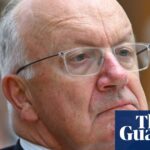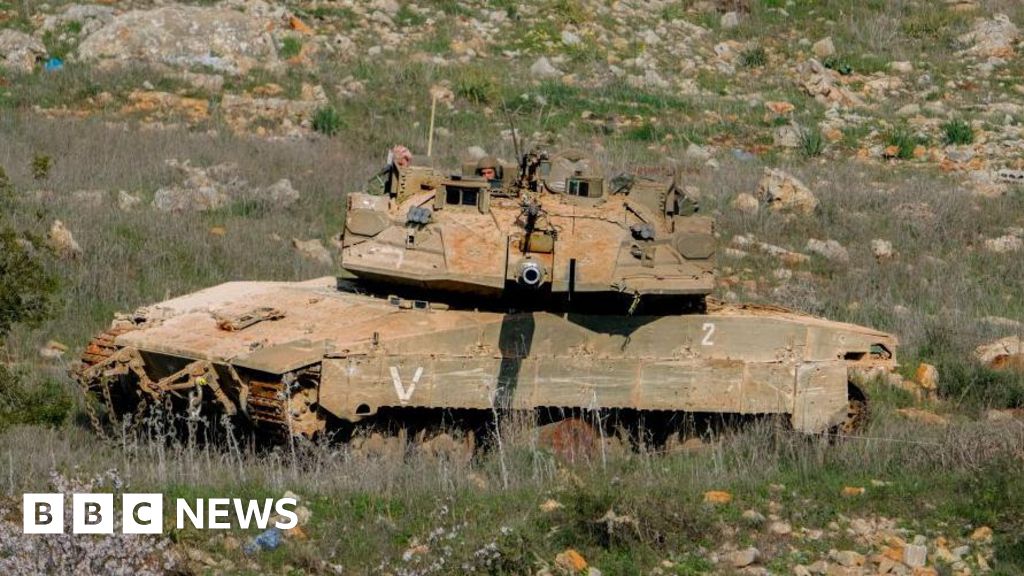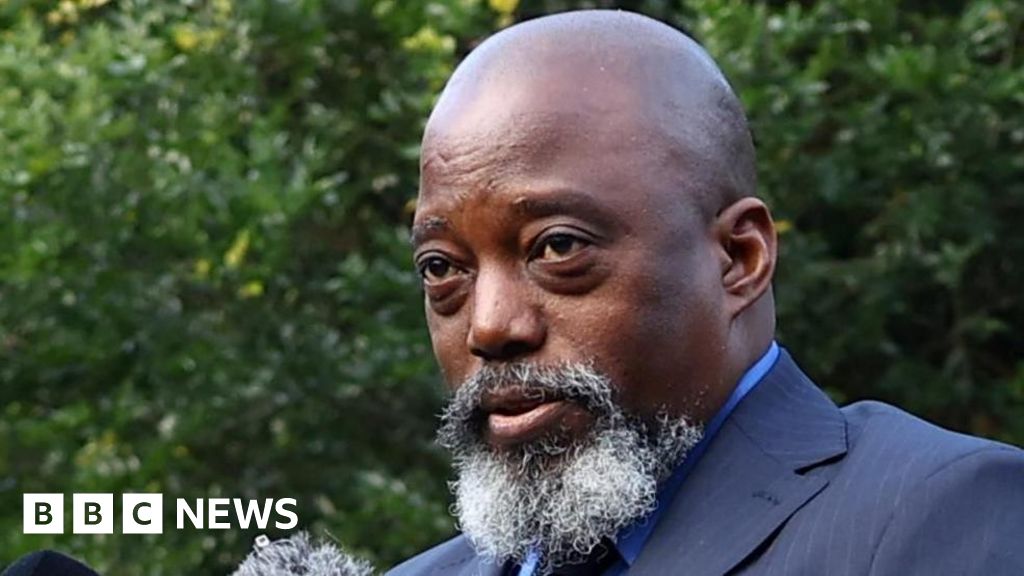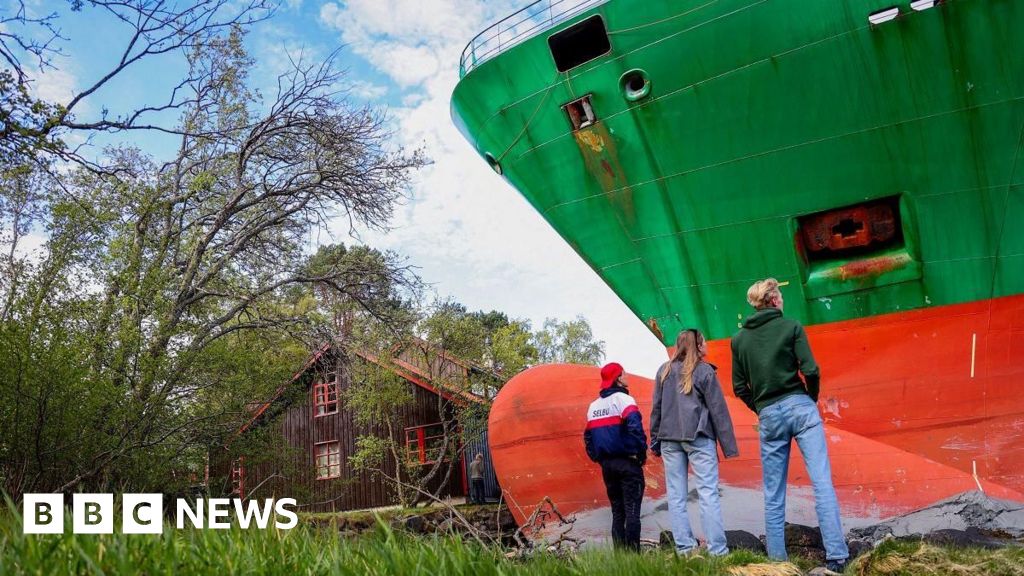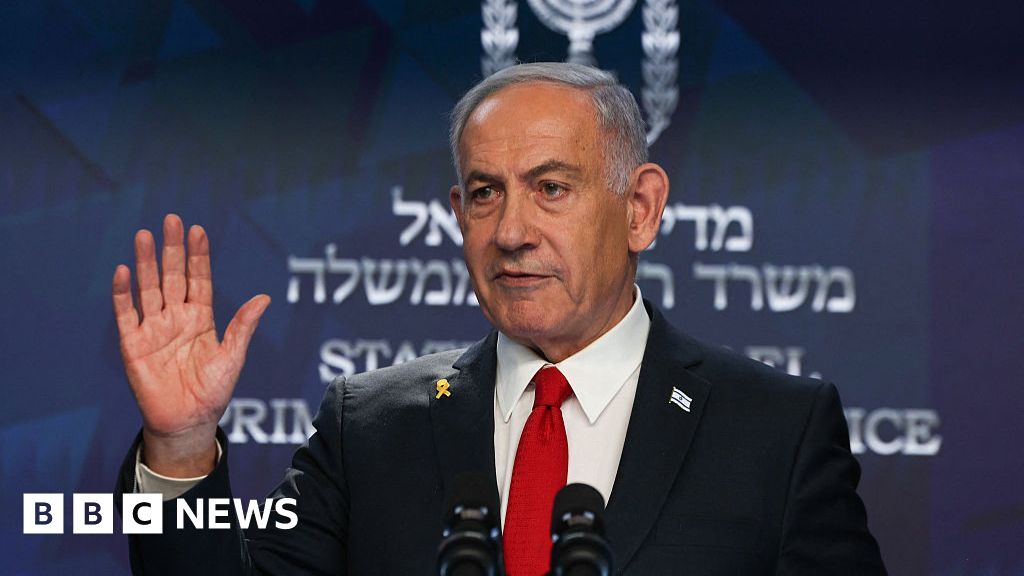Israel is seeking another extension of the deadline for the withdrawal of its troops from southern Lebanon, a Western diplomatic source says, a request that is likely to raise new concerns in a country with a history of Israeli occupation.
Israeli forces had been due to pull out next week but the source told the BBC Israel wanted its military to stay in five positions there for another 10 days, till 28 February.
The ceasefire deal that ended 14 months of conflict between Israel and Hezbollah was brokered by the US and France and came into force on 27 November.
It requires the withdrawal of Israeli troops from southern Lebanon and the removal of Hezbollah fighters and weapons from there too.
At the same time, thousands of Lebanese soldiers were expected to be deployed to the region where, for decades, Hezbollah has been the dominant force.
The ceasefire has already been extended once – the initial deadline was 26 January – after Israel said the Lebanese state had not fully implemented the deal. Lebanon accused Israel of delaying its withdrawal.
One of the priorities of the new Lebanese government is to restore the country’s territorial sovereignty, and the authorities strongly reject another delay.
President Joseph Aoun insisted on Wednesday that there was “no truth” to reports that another extension had been agreed, his office said. He also “repeatedly stressed Lebanon’s insistence on the complete withdrawal of Israeli troops” by Tuesday.
The continued presence of Israeli troops is a source of concern for many in Lebanon as Israel occupied the country’s south for 18 years, between 1982 and 2000.
Despite the ceasefire, Israel has continued to target Hezbollah, and has vowed to carry out more attacks on the Iran-backed group to stop it from rearming or rebuilding its forces.
On Wednesday, Israeli warplanes broke the sound barrier at low altitude over the capital Beirut for the first time since the ceasefire began.
Hezbollah, which is a militant, political and social movement, was severely weakened in the conflict with Israel, although it continues to enjoy significant support among Shia Muslims in Lebanon.
The ceasefire deal was widely considered as a surrender by the group, after it saw its infrastructure and weapons arsenal depleted, and hundreds of fighters and key figures killed, including long-time leader Hassan Nasrallah.
The conflict escalated last September, when Israel launched an intense air campaign across Lebanon, assassinated Hezbollah’s senior leaders and invaded southern Lebanon.
The offensive killed around 4,000 people in Lebanon – including many civilians – and led to the displacement of more than 1.2 million residents, Lebanese authorities say. It also caused billions of dollars in destruction and damage.
Israel’s stated goal in its war against Hezbollah was to allow the return of about 60,000 residents who had been displaced from communities in the country’s north because of the group’s rocket, mortar and drone attacks, and to remove its weapons and infrastructure from areas along the border.
Hezbollah had launched its campaign the day after the Hamas attacks on southern Israel on 7 October 2023, saying it was acting in solidarity with Palestinians in Gaza.





